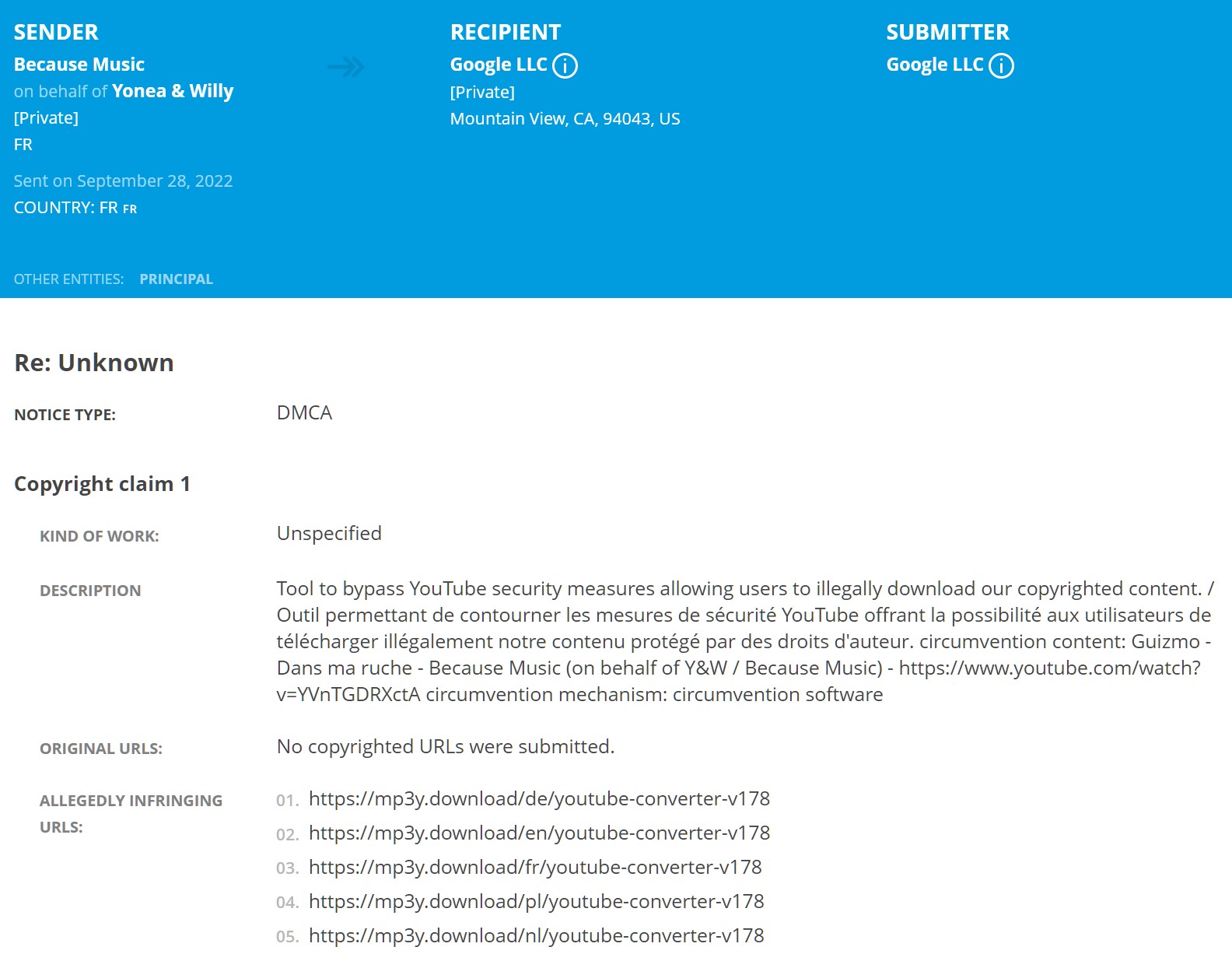-
chevron_right
High Court: YouTube-Ripping is Illegal. UK National Newspaper: Totally Legal
news.movim.eu / TorrentFreak · Monday, 24 April, 2023 - 08:28 · 5 minutes
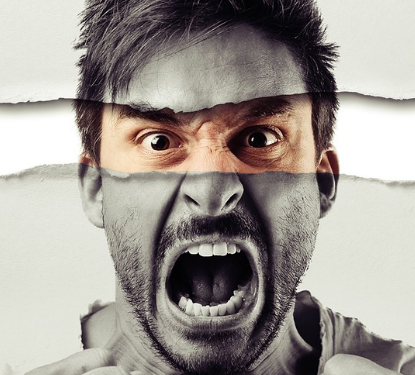 Given the popularity of YouTube and the huge number of websites and apps that allow people to rip music from the platform, the conflict surrounding ‘stream-ripping’ shouldn’t be underestimated.
Given the popularity of YouTube and the huge number of websites and apps that allow people to rip music from the platform, the conflict surrounding ‘stream-ripping’ shouldn’t be underestimated.
Downloading a track takes about the same time as a shrug of the shoulders followed by an internal “who cares?” Multiply that by hundreds of millions of people shrugging several times a week, and the answer is “the recording industry, big time.”
Stream-Ripping and Public Perception
Many people in the UK, especially younger people, believe that listening to music on YouTube and ripping songs from YouTube are broadly the same thing. Both options are free; what’s the problem? Strangely, the value of ‘likes’ and ‘views’ is comprehensively understood when the topic of conversation isn’t centered on ripping music from YouTube.
The reasons for that disconnect aside, lots of people do ask questions. “Is it legal to download music from YouTube?” is always popular, along with its self-focused twin sister, “Can I get caught downloading music from YouTube?”
Thankfully, Google Lawyer (Google Doctor’s twin brother) is always around to help.
Anyone who read past the first line of this top result, collect 10 points. Those who read the second, take another 20 because that claim seems fairly important and we may have to come back to it.
If you spotted that the advice is published on a site promoting YouTube-ripping tools, nice work. Unfortunately, the article is of no fundamental use, no matter what it says, since it speaks about U.S. copyright law.
With no copyright experts immediately available on TikTok or Facebook, we turned to the UK’s third pillar of wisdom to get answers the big questions.
Free Legal Advice, Nationwide
Since lawyers are expensive, it’s not unusual to see some national newspapers put out a bit of legal advice here and there to make life that little bit easier. Thanks to the following text appearing in their URLs ( youtube-to-mp3-converter-free-online and youtube-to-mp4 ) a pair of articles published in The Sun were easy to find.
Both were published this March; one asks “Is converting YouTube to MP3 legal and safe?” and the other goes with “Are YouTube to MP4 converters legal and safe?” They’re broadly the same article, but the latter gets right down to the legal nitty-gritty .
“No, it is not illegal,” the legal advice reads. Admittedly a citation would’ve been helpful but since there are apparently “no laws that prohibit downloading videos from YouTube” it would be unreasonable to demand links to things that don’t exist.
This will probably come as a huge shock. More than two years ago the High Court in London had a look through some of its law books and found that yes, there are some laws that prohibit downloading content from YouTube. And, in the overwhelming majority of cases, it is not legal at all .
What Happened, in Brief
Because the music industry wants to put an end to stream-ripping sites and tools, labels in the UK spent two years preparing a case that would compel the country’s major ISPs to block YouTube-ripping sites/tools.
Following an online hearing on February 3, 2021, Mr Justice Miles rendered his decision at the High Court in London. To keep things as simple as possible, his key findings were as follows:
1) The streaming-ripping sites were “designed to provide a service which enables users to make infringing copies.”
2) Sites’ whole purpose was to “circumvent the copyright-protecting safeguards” built into services like YouTube.
3) The operators of the sites “induced, incited or procured” users of their sites to commit infringements of copyright and as such, both the site operators and the sites’ users acted “pursuant to a common design to infringe.”
4) The operators of the sites were “jointly liable for the infringements committed by users.”
The Importance of Circumvention
The High Court ruling is long and complex . For some it is controversial too. Stream-ripping services and tools can be used to download content for journalistic purposes, to download content that isn’t owned by major recording labels, or to make permitted copies under the exceptions granted by copyright law.
One of the key issues here is that the High Court recognized YouTube’s rolling cypher as a technological protection measure, describing it as a “copyright-protecting safeguard” built into YouTube.
The High Court said it was satisfied that the entire purpose of the sites/services was to help users circumvent YouTube’s technological protection measures. In the UK, circumventing technological measures is a type of copyright infringement and in the overwhelming majority of cases, completely illegal.
Even if the recording labels’ music was taken out of the equation, when dedicated YouTubers create their own videos or the general public upload theirs, all creators can immediately rely on protection because they already own the copyright to their own work.
These people may decide that suing people who download their content using a ripping service is silly, but that doesn’t immediately grant a downloader a license or provide permission to circumvent technological measures, although permission may be requested in the UK.
Future Circumvention
Stating that something is entirely legal when the truth is much closer to the opposite is reckless but it goes way beyond that. It denies the reality that this and similar legal rulings are taking the internet and its users into more restricted and complicated territory because a minority of people pirate music.
History shows that when the major labels feel threatened, the internet starts to feel threatened. It probably should given the latest developments.
Sony Music currently wants DNS provider Quad9 held liable for infringement it has nothing to do with and in Italy, the labels took legal action against Cloudflare for broadly the same reasons. In Germany, a host is in a legal battle because it provided a link to a piece of YouTube-ripping software hosted elsewhere.
These won’t be the last blocking actions of their type, yet while they build and build, millions will shrug while finding new ways to circumvent endless blocking, claiming it doesn’t affect them. And it probably won’t, at least not until blocking is recognized as a technological protection measure in its own right. Then what?
From: TF , for the latest news on copyright battles, piracy and more.
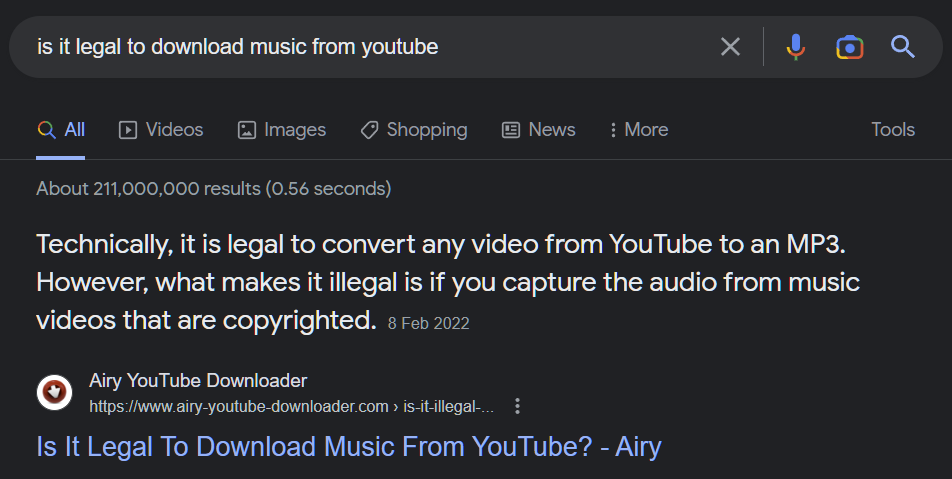
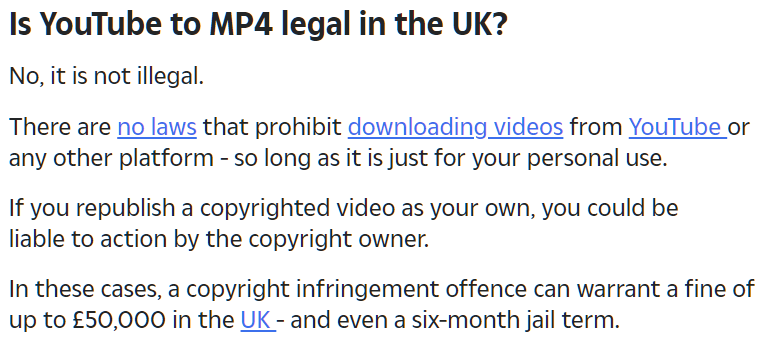
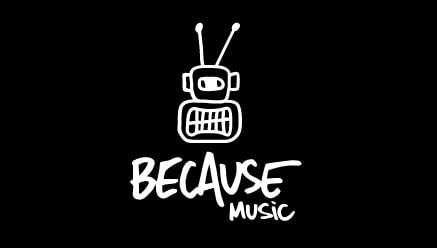 Three years ago, the
Three years ago, the
